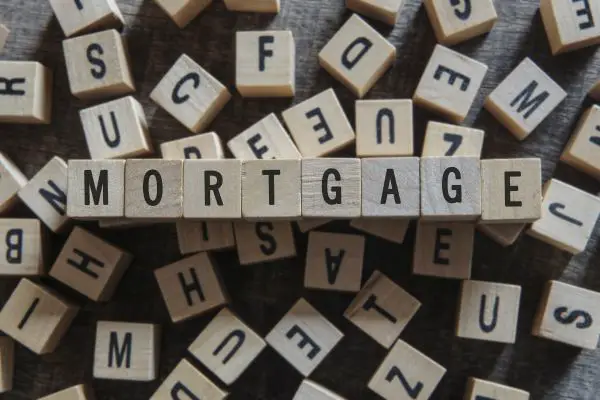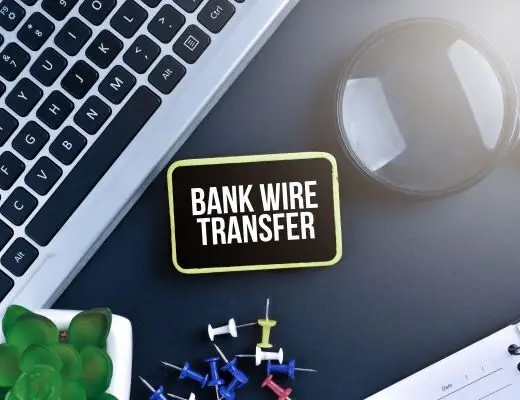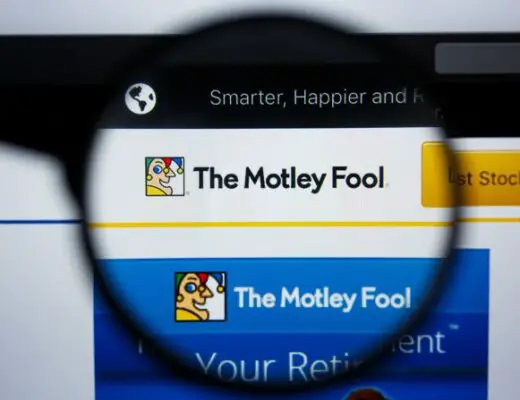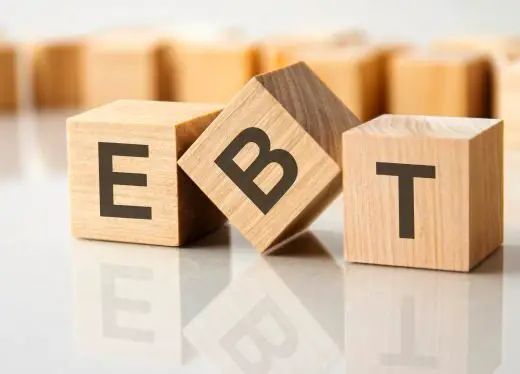
CommonCentsMom.com is advertiser-supported: we may earn compensation from the products and offers mentioned in this article. However, any expressed opinions are our own and aren't influenced by compensation. The contents of the CommonCentsMom.com website, such as text, graphics, images, and other material contained on this site (“Content”) are for informational purposes only. The Content is not intended to be a substitute for professional financial or legal advice. Always seek the advice of your Financial Advisor, CPA and Lawyer with any questions you may have regarding your situation. Never disregard professional advice or delay in seeking it because of something you have read on this website!
When it comes to home loans, many people have the impression that banks don’t call you. After all, they’re just lending you money. But there are many things that can happen with a mortgage loan. For example, the bank may call in your mortgage loan.
But what does that mean? And what can exactly drive a bank to call you? This article will attempt to answer those questions, and more. Let’s find out.
What Happens if a Bank Calls Your Mortgage Loan
If a bank calls in your mortgage loan, it means that the bank has the right to make a call on a revolving loan and demand that the full amount of the loan be paid back immediately. This is legal if the bank clearly discloses that in the loan agreement that the bank will call you to demand that you pay the money back if you fail to meet the conditions of the loan.
For example, one or more late payments could cause the bank to call to demand that you pay the loan in whole. If you pay your payments on time, you probably won’t have your loan called; still, the bank decides what happens if you fail to make your monthly payments on time.
Reasons for a Bank to Call in Your Mortgage Loan
A bank can call in your mortgage loan for many reasons. These include the following:
You haven’t paid your taxes
You can be called in your mortgage loan if you haven’t paid your taxes. Banks are often reluctant to keep a loan on their books if they think that you will not be able to pay it back. Check the notes of your mortgage and if they contain provisions that allow the lender to accelerate the mortgage when there are outstanding taxes.
If your local taxing authority files a lien against your property, the mortgage lender may accelerate the loan. These tax liens are available to the public, so if the mortgage lender (such as a bank) finds out about them, it’s easy to get your mortgage loan “called” in.
You sold the home
If you sold your home, the bank may want to call in your mortgage loan because it is no longer on the books. In this case, you will have to repay the loan. If you have a short sale, it’s not a good idea to sell your home if you are in default on your mortgage loan because this will cause the bank to accelerate the loan.
In selling a house, the buyer pays you and you have the money to pay the mortgage. In this case, it’s not necessary to have the mortgage called in.
You’re late on payments
The bank may call in your mortgage loan if you’re late on payments. In this case, the bank will try to recover the outstanding amount from you, even if you are a few days late with your payments.
This is especially likely if the bank wants to do a foreclosure. If your default is not very serious, the lender may try to work out a compromise with you in order that the debt is paid off.







